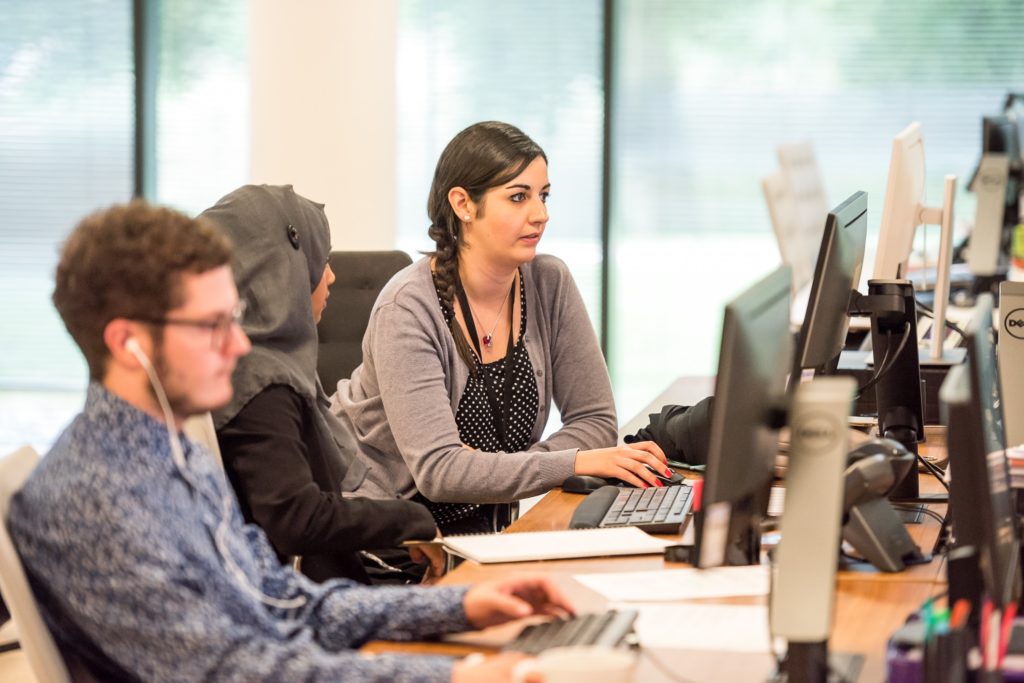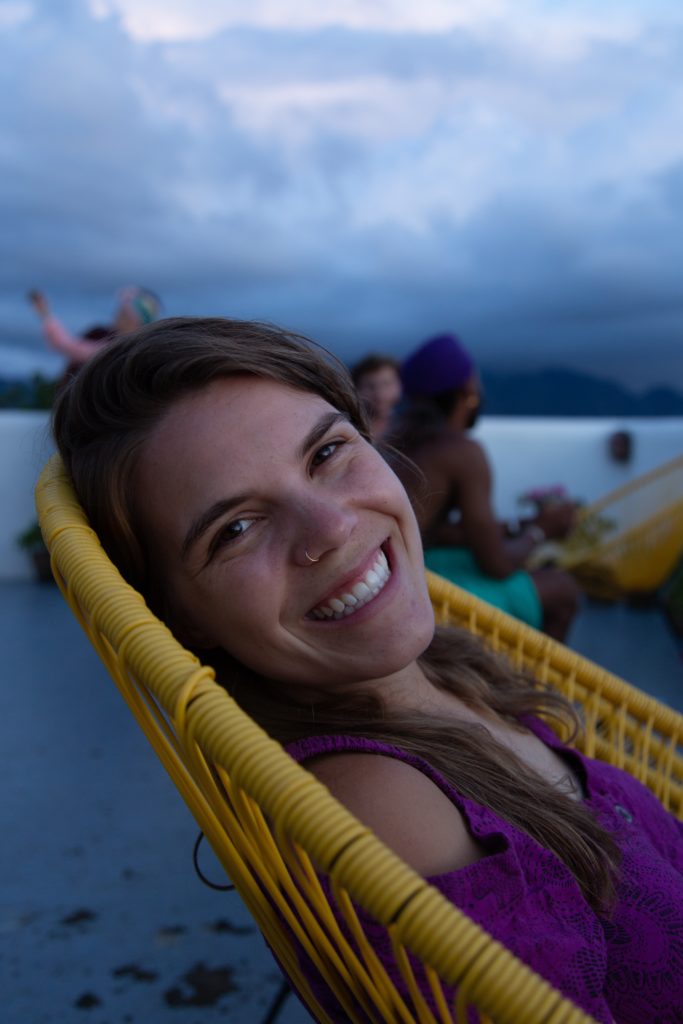
Welcome to November… this is the month each year we dedicate to thankfulness and gratitude.
I’m going to share with you some experiences I’ve had this week with gratitude, suicide research scientists, and the AFSP. No matter where you are in life, no matter your circumstances…if you think about it..look around you…there is most likely something you can be grateful for.
It may be something fundamental…like clean air or clean water…if your circumstances seem too dire to redeem. But start where you can. And acknowledge gratitude. Because when you do, something happens inside you. Something happens in your brain. It’s almost as though a barely perceptible fragrance emerges. Something that soothes your circuitry… and a partial drop of wellbeing falls into the pool of your spirit.
We’ll be talking more about this as the weeks go by. But think about it. Try to think of something…anything… each day that you can be grateful for.
I attended an inspiring conference last week. It was a gathering of over 400 scientific researchers from all over the world who gathered to exchange their findings and present their work on suicide research.

These are the highest level super scientists, who perform the purist research with the tightest controls and the most elegant statistics to reliably measure their results. And it’s their work that feeds the world’s understanding of suicidality. What is it? And what causes it? When does the risk spike? In whom? And what can we do to prevent it? Without these bright and dedicated men and women, we’d still be in the dark ages with our response as a society to suicidal thoughts and behaviors. Yes, I’m grateful.
And we’d also be in the dark ages about how to respond or help.
In terms of suicide research, these are the finest minds who’ve worked together and separately, tenaciously analyzing their data …and collaborating for decades.
Gratitude, suicide research scientists, and the AFSP have filled up my week and it has me spinning in it all.
An Invitation to Speak
Much to my surprise, I was invited to speak to this stunning gathering. It humbled me, and I felt so privileged that I could contribute to this body body of hard-won knowledge.
I presented my findings from my own retrospective chart review taken from the population of my own practice. Mine wasn’t a prospective randomized placebo-controlled trial. It was a gathering of data about IV ketamine’s impact on suicidal thoughts. Its ability to stop them. To prevent injury or death… or hospitalization — or trips to the ER.
It’s not my intent to make a name for myself as a research scientist… that ship sailed a couple decades ago. I just want to share my experiences treating my own patients in truth…honestly...inviting peer review.
This group received me well, as well as my presentation. I met some wonderful people. And it all got me thinking about what my place is in this universe of psychiatric treatment. Research. And ketamine administration for psychiatric disorders.
Where I Fit
I’m not a researcher. I don’t carefully tease apart large data sets, or curate a cohort to remove mitigating factors or symptoms that could taint the results.
Quite the opposite, actually. I’m a practitioner, caring for my patients, and always seeking ways to help each one get better so they might have access to a fulfilling life. My heart is in helping patients enjoy improved lives…and in healing.

From the earliest part of my training all those years ago, my heart was to find answers, methods, diets, nutrients, medicines… anything that could play a role in restoring these broken-hearted people, one patient at a time.
And that’s what motivates me still. To see sick people get well. To see suffering people get better. For those who can’t function to function again. With all their complicated, intricately confusing pieces to their personal puzzles… to see those pieces relax…integrate…and thrive together in a restored and hopeful person.
So this is all the more reason why I was so honored to be received by this exclusive group of scientists. I felt so privileged that my own work contributed to the body of knowledge on suicide prevention.
My Gratitude, Suicide Research Scientists, and the AFSP
I want to talk about the organization that fuels so much of this research with their funding. The American Foundation for Suicide Prevention (AFSP) was founded in 1987 by beloved actress Mariette Hartley because of her own personal and family struggle with suicide and suicidal thinking.
Her intent was to bring hope and intervention to those who suffer in silence and die alone.

Now, nearly 33 years later, AFSP has local chapters in all 50 states, and offices in NYC and Washington, DC.
They’re busy at work to create a culture that’s informed and prepared to “be smart” about mental health, and the potential for suicide. They teach society in general, and the family and friends of those at risk in particular, constructive methods for finding those with suicidal thinking, and helping them get treatment. To keep them safe.
Gratitude, Suicide Research Scientists, and the AFSP
AFSP maintains a presence in Washington, DC to influence policies geared to save lives, and educate people in all walks of life about suicide intervention and prevention.
International Survivors of Suicide Loss Day is an annual event when people who’ve been impacted by suicide and loss can come together at events around the world to find support, healing, understanding…and to give back.
Thanks to AFSP, when your loved one dies by suicide, you don’t have to bear the pain in withdrawn silence. And if you’re having suicidal thoughts, AFSP provides extensive resources to help you get better and live a healthier and happier life.
As I attended this conference, I realized how far reaching the funding AFSP provides is. How much research they fund. The resources they offer to survivors to help bring healing and restoration. Like the online memory quilt, where survivors can create a “quilting square” to remember and celebrate their loved one’s life, through photos, videos, prose, and poetry.
AFSB also created and supports the National Suicide Prevention Lifeline at 1(800)-800-273-TALK (8255) and the Crisis Text Line reached by texting TALK to 741741.
Carry It Forward this Holiday Season
As the holidays lie ahead over the next two months, be aware that this time of year is not only a difficult time for so many, but also a dangerous one. Let’s be tuned in to identify those around us who may be in need of a listening ear, support, or intervention. Research has shown that you won’t put someone at higher risk if you ask them directly whether they’ve considered hurting themselves or of wanting to die.

Being direct, it turns out, actually saves lives. People who are suffering need hope. And they need to feel included. And that they matter.
Because you DO matter. Your pain matters. You’re not invisible.
If you have thoughts of suicide, or the thought that you don’t want to live LIKE THIS anymore, reach out.
And if you’d like to see if IV ketamine infusions can help, call us.
IV ketamine treatment can erase those thoughts in an afternoon, and leave hopeful thoughts in their place. It can help you want to build your life. It can increase your energy so that you can.
You can feel amazed. Astounded at the change and new hope.
Does it do this for everyone? Well, no. Nothing does. But it does this for most people who have not been helped by medicines before. The more severe your symptoms, the more effectively it seems to work. It does it for far more than any other medicine has.
And there’s financing if you need it.
Let us help you find your life again.

To the restoration of your best self,

Lori Calabrese, M.D.